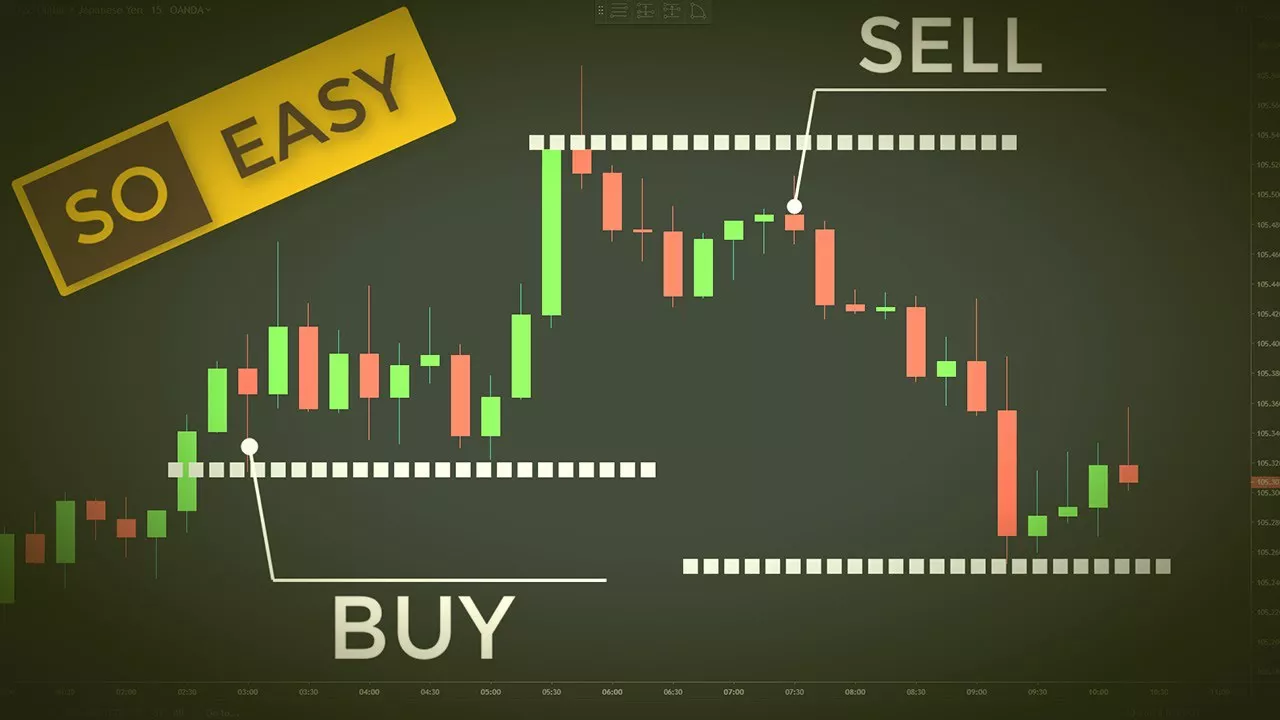Gold Prices Continue to Surge
Gold prices have reached new heights recently, showing no signs of slowing down. Many experts predict that prices will continue to rise. However, Mohamed El-Erian, former CEO of PIMCO and current president of Queens’ College, Cambridge, raises concerns about this trend. He urges Western countries to pay closer attention to gold’s increasing value, as it may threaten the dollar’s dominance in the global financial system.
Significant Price Increase
Over the past year, gold prices have surged from $1,947 to over $2,700 per ounce, marking a nearly 40% increase. This rise has been steady, with any price drops prompting investors to buy more. What’s unusual is that gold’s frequent record highs seem disconnected from traditional factors such as interest rates, inflation, and the strength of the dollar. Instead, gold’s rise contrasts sharply with ongoing geopolitical tensions.
Typically, gold prices react to U.S. inflation levels and economic conditions in the U.S. and Europe. Gold is widely viewed as a safe haven for investors during uncertain times.
Underlying Factors Influencing Gold
El-Erian notes that the consistent rise in gold prices suggests there are deeper factors at work. He believes this increase reflects a long-term trend among countries like China and other “middle powers” moving away from the dollar. This shift, known as de-dollarization, warrants attention from the West.
Central banks worldwide are actively purchasing gold to diversify their reserves and protect against geopolitical risks, further driving up prices. The World Gold Council reports that global central banks bought over 1,000 tons of gold annually for the past two years, a significant milestone.
The Role of Central Banks
El-Erian emphasizes that the ongoing purchases of gold by central banks play a crucial role in boosting its value. Countries are gradually looking to diversify their reserve assets and explore alternatives to the dollar-based payment system. This shift is partly due to a growing loss of confidence in the United States’ ability to maintain global order. Factors contributing to this loss of confidence include the U.S. “weaponization” of trade tariffs and investment sanctions, as well as a decreasing commitment to a cooperative international framework.
Implications for the Global System
The issue extends beyond the dollar’s declining dominance; it points to a broader transformation in the global financial system. As alternative financial pathways emerge, the global system could become fragmented, weakening the dollar’s influence and potentially undermining U.S. national security.
El-Erian advises Western governments to take this trend seriously. While the time to adjust their strategies is limited, there is still an opportunity for action.
Related topics:
- What is the Most Expensive Cryptocurrency?
- Where to Buy Bitcoin in the USA?
- Where to Buy Cryptocurrency in Canada?






























